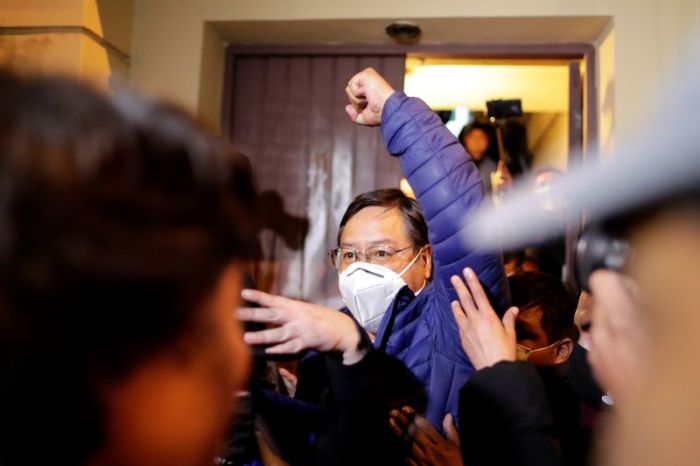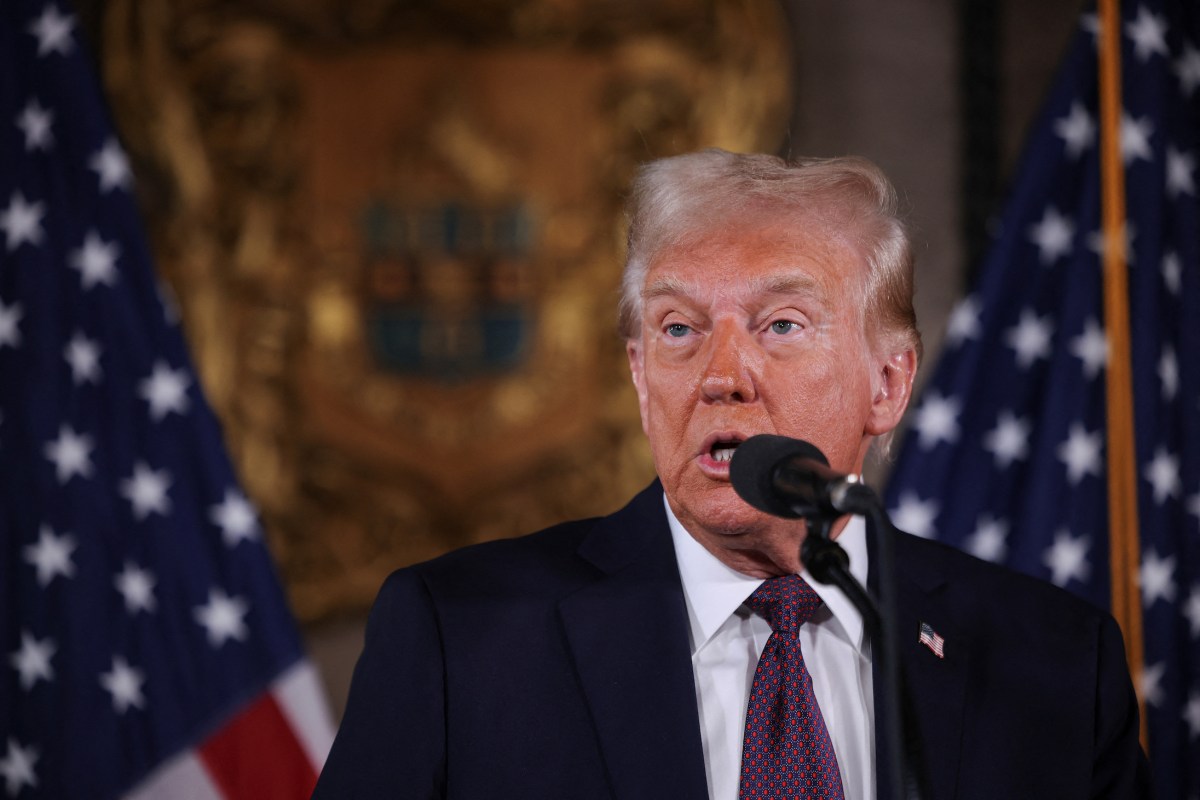LONDON (Reuters) – A second British laboratory is joining a global lab network to assess data from potential coronavirus vaccines, set up by a major non-profit health emergencies group to establish the effectiveness of different vaccine candidates.
Earlier this month, the Coalition for Epidemic Preparedness Innovations (CEPI) set up the network, allowing scientists and drugmakers to compare vaccines and speed up selection of the most effective shots.
Britain’s Medicines and Healthcare products Regulatory Agency said on Tuesday the National Institute for Biological Standards and Control (NIBSC) was joining the scheme, and had received funding from CEPI to develop an international standard for the COVID-19 antibody.
That means the NIBSC will produce a sample of antibody with a defined amount of biological activity that can be used by regulators and vaccine makers to calibrate their tests.
“This is an important initiative providing a service to vaccine developers globally and permits accurate evaluation of candidate vaccines for this pandemic,” Dr Mark Page, who is leading the work at NIBSC, said.
Public Health England is also involved in the CEPI scheme.
Hundreds of potential coronavirus vaccines are in various stages of development around the world, with shots developed in Russia and China already being deployed before full efficacy trials have been done, and front-runners from Pfizer <PFE.N>, Moderna <MRNA.O> and AstraZeneca <AZN.L> likely to have final-stage trial results before year-end.
CEPI itself is co-funding nine of the vaccines in development, including candidates from Moderna, AstraZeneca, Novavax <NVAX.O> and CureVac.
(Reporting by Alistair Smout; Editing by Mark Potter)























